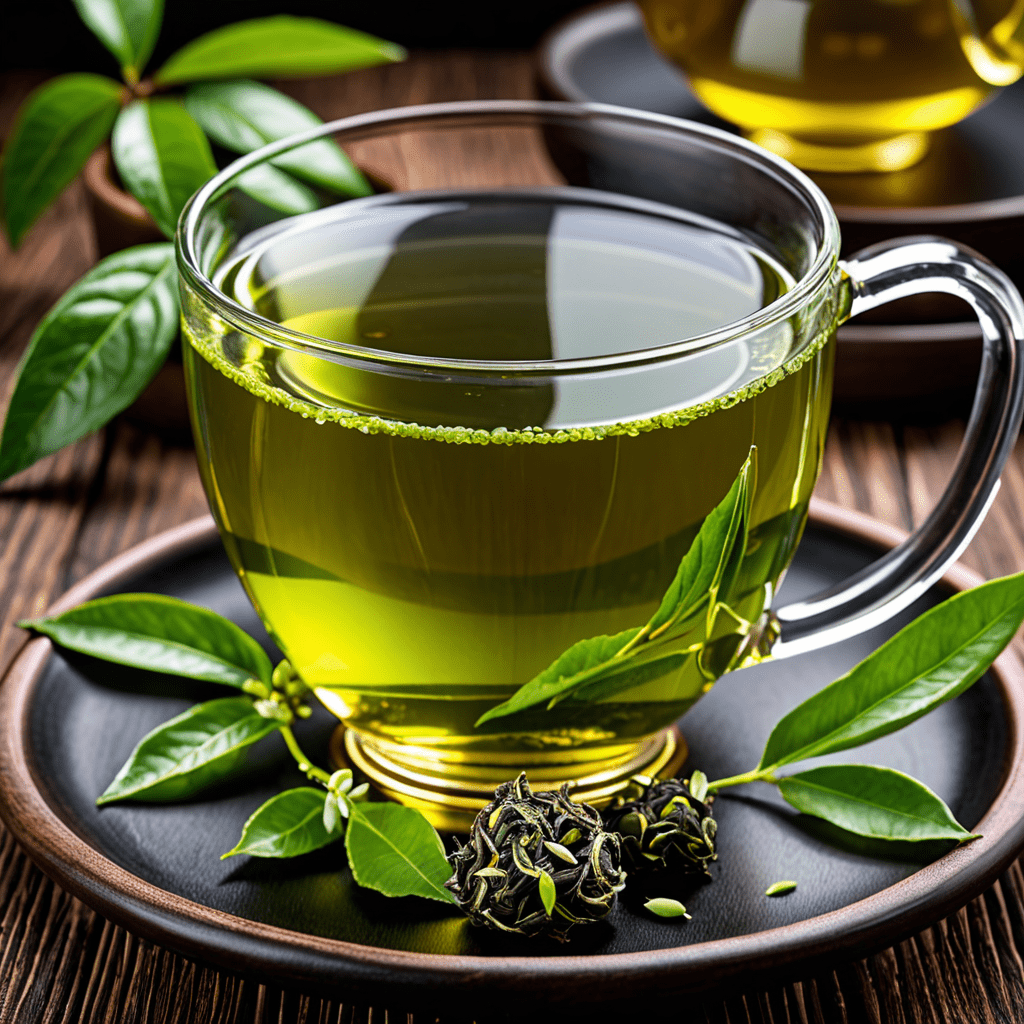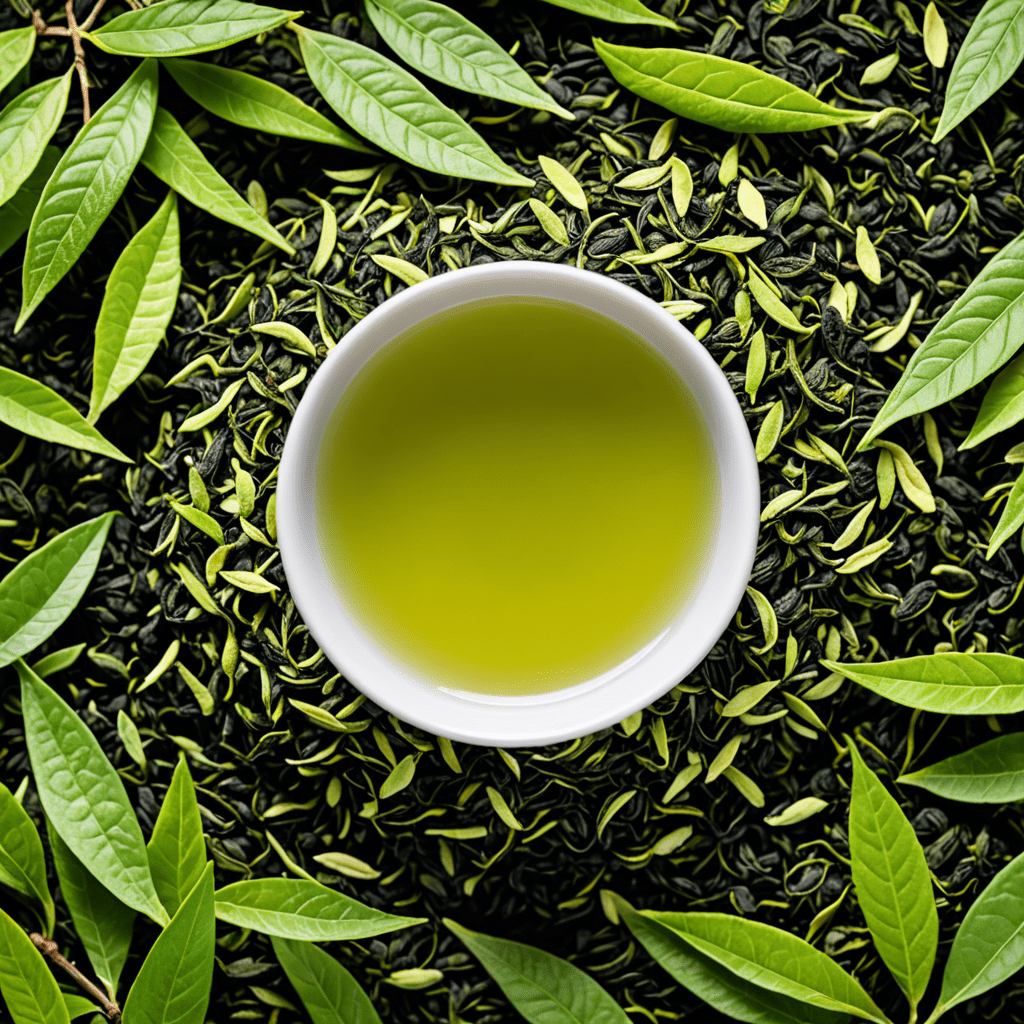Green Tea and Gastritis: Understanding the Benefits
Gastritis, a condition characterized by inflammation of the stomach lining, can cause discomfort and pain. Many individuals seek natural remedies to alleviate their symptoms, and green tea has emerged as a popular option. Let’s delve into the healing properties of green tea and its potential benefits for gastritis.
The Power of Green Tea Polyphenols
Green tea contains a high concentration of polyphenols, particularly catechins such as epigallocatechin gallate (EGCG). These polyphenols are known for their antioxidant and anti-inflammatory properties, which can help soothe the inflammation associated with gastritis.
Alleviating Gastritis Symptoms
Research suggests that the anti-inflammatory effects of green tea may help reduce the symptoms of gastritis. EGCG, in particular, has been shown to inhibit the growth of Helicobacter pylori, a bacterium associated with the development of gastritis and gastric ulcers.
Enhancing Digestive Health
Green tea has been associated with promoting digestive health and may aid in soothing the discomfort caused by gastritis. Additionally, its potential to modulate the gut microbiota could contribute to an overall improvement in gastric health.
Choosing the Right Green Tea
When using green tea as a remedy for gastritis, opting for high-quality, organic loose-leaf green tea is recommended. Avoiding additives and selecting a pure, high-grade tea can ensure the consumption of maximum polyphenols and minimal contaminants that may exacerbate gastritis symptoms.
Preparing Green Tea for Gastritis Relief
To make green tea for gastritis relief, steep one teaspoon of loose-leaf green tea in hot water (around 175°F) for 2-3 minutes. Longer steeping times can lead to increased bitterness and may not be suitable for individuals with gastritis. It’s best to consume green tea between meals to avoid any potential irritation on an empty stomach.
FAQ
Q: Can green tea worsen gastritis symptoms?
A: While green tea is generally considered soothing for gastritis, consuming excessive amounts or using low-quality tea with additives may exacerbate symptoms for some individuals. It’s best to start with small quantities and monitor personal tolerance.
Q: Can green tea replace medical treatments for gastritis?
A: Green tea can complement medical treatments for gastritis, but it should not replace prescribed medications or professional medical advice. Consult a healthcare provider for personalized recommendations.
Q: What are the potential side effects of green tea for gastritis?
A: In some cases, green tea may cause stomach upset or nausea, particularly if consumed on an empty stomach or in large quantities. Additionally, individuals sensitive to caffeine should be mindful of its content in green tea.
As always, it’s crucial to consult a healthcare professional before incorporating green tea into a treatment plan for gastritis to ensure the best approach for individual health and well-being.



